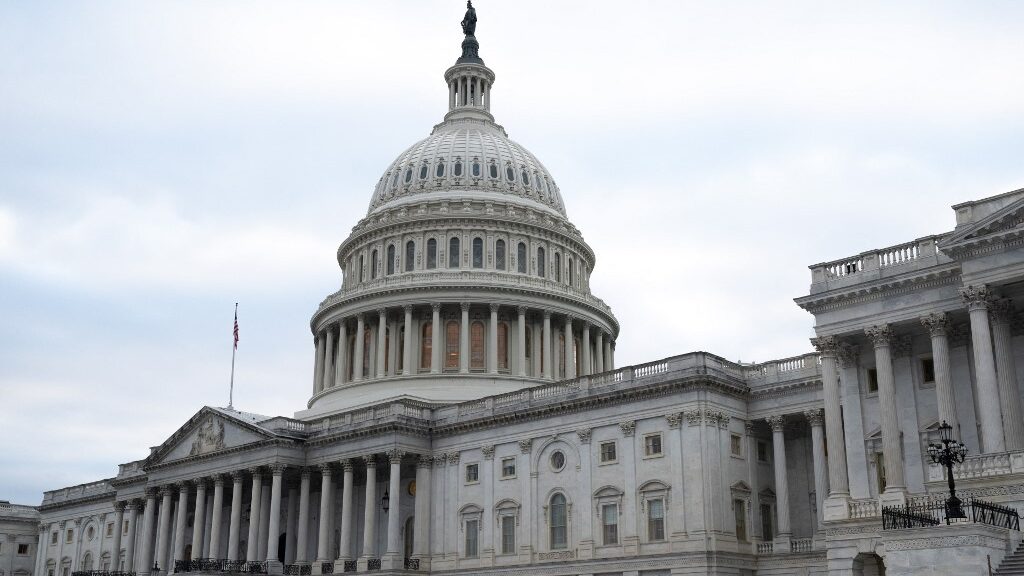
With so much information about sports betting in the U.S. going around, this time you may be surprised to learn that there is a federal excise tax on sports betting even before PASPA was repealed in 2018. But now that so many states have regulated retail and online betting sporting events, many believe it is time to fade the tax into oblivion.
Another Swing of the Axe
US Reps. Dina Titus (D-NV) and Guy Reschenthaler (R-PA) are co-chairs of the Congressional Gaming Caucus who have both filed legislation in the past to remove the federal excise tax on sports betting now that the collective handle has soared to over $200 billion in the United States with no end in sight.
The duo tried twice before, once in 2020, and again in 2021, with Titus stating she also took a swing at ending the tax back in 2014 when the many commercial sportsbooks in her home state of Nevada were almost solely affected by the tax, as there were few other areas in the nation in which sports betting was allowed.
But the calculus has changed dramatically since that time as there are now 33 states plus the District of Columbia that have launched or approved licensed online sports betting. Now, there is a reason for legislators in other states to pull the plug on the federal tax, joining Nevada in what was once a lonely and futile fight.
The tax at first blush is barely a pittance at 0.25%, but considering it is based on the handle (total amount wagered regardless of wins and losses) it can accumulate rapidly. And so, it has, according to the most recent data which shows the federal government has reaped handsome dividends, with now over $500 million in the Treasury’s coffers since 2018 when states were allowed to determine whether or not regulated sports betting would be allowed within their boundaries.
And that number is only going to get bigger but if you were to ask the IRS where that money goes, they would have no answer for you. At least that is what Titus told the Las Vegas Review-Journal back in 2014 when she said, “The IRS didn’t even know it existed. The money just went into some black hole in the general fund.”
Will It Pass?
The bill recently introduced by Representatives Titus and Reschenthaler will likely have greater support this time around with more states than ever making big bucks off of sports betting. “With the explosive growth of sports betting across the country, it’s time to finally repeal the handle tax which penalizes legal gaming operators and punishes sportsbooks for creating jobs,” Titus said.
“As Co-Chair of the bipartisan Gaming Caucus, I’m pushing this legislation to keep legal gaming markets thriving nationwide and help local economies reap the benefits of this growing industry.”
Reschenthaler believes the money saved by the online platform operators could be used to proactively combat offshore websites that compete with the licensed online domestic providers.
“Unfortunately, outdated tax codes and burdensome regulations penalize legal operators and incentivize illegal activity,” he said. “The Discriminatory Gaming Tax Repeal Act will ensure the gaming industry can support good-paying jobs and promote economic growth in southwestern Pennsylvania and across the nation.”
*Bookmakers Review will continue to monitor this story and update our readers as events unfold.













